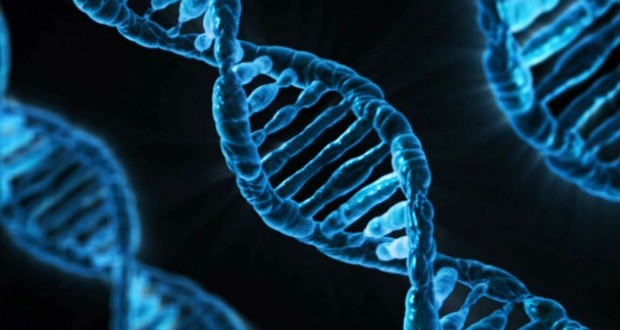A UK regulator has approved British scientists’ request to use a controversial technique called CRISPR to edit genes in human embryos.
The Human Fertilisation and Embryology Authority (HFEA), the official regulator, has given its approval for scientists at the Francis Crick Institute, which has laboratories in London and Hertfordshire, to “edit” embryo genes.
“Our Licence Committee has approved an application from Dr Kathy Niakan of the Francis Crick Institute to renew her laboratory’s research licence to include gene editing of embryos,” said the HFEA.
“The committee has added a condition to the licence that no research using gene editing may take place until the research has received research ethics approval,” the regulator added.
Dr Niakan told Sky News that the licence was crucial to furthering the institute’s research into early human development.
“It could lead into insights into some causes of miscarriage and provide us with information about developments in infertility treatment,” she said. Eventually, genetic modification could be used to give IVF embryos a better chance of survival.
The experiments will be subject to tight controls – none of the edited embryos, which will be donated by couples with a surplus after undergoing IVF, will be implanted into human subjects and they must all be destroyed after two weeks.
Although some scientists have called for a halt on genetic modification of embryos over fears an ethics breach could provoke a public backlash, Dr Niakan insists her research is anything but controversial. Tight regulation meant that that DNA experimentation on embryos was not a “slippery slope” towards designer babies, she said last year.
Agencies/Canadajournal
 Canada Journal – News of the World Articles and videos to bring you the biggest Canadian news stories from across the country every day
Canada Journal – News of the World Articles and videos to bring you the biggest Canadian news stories from across the country every day



